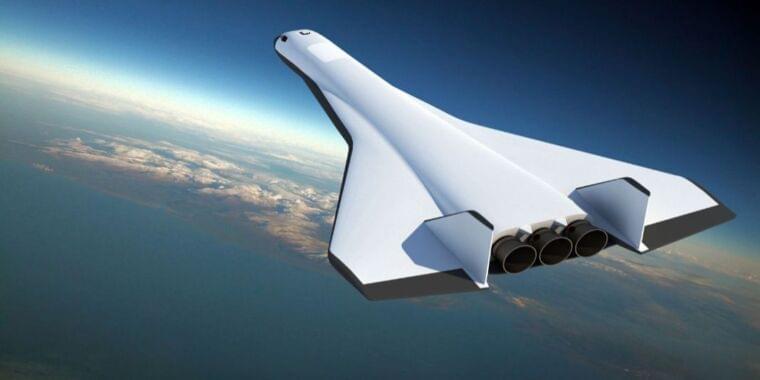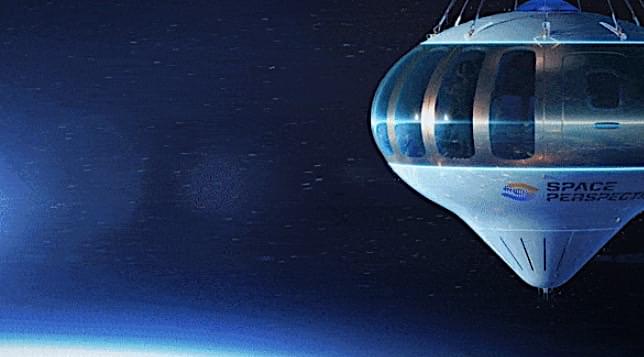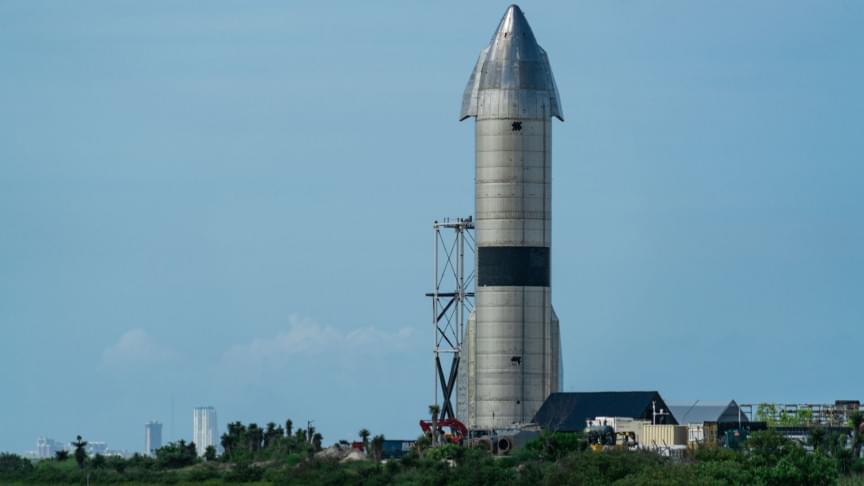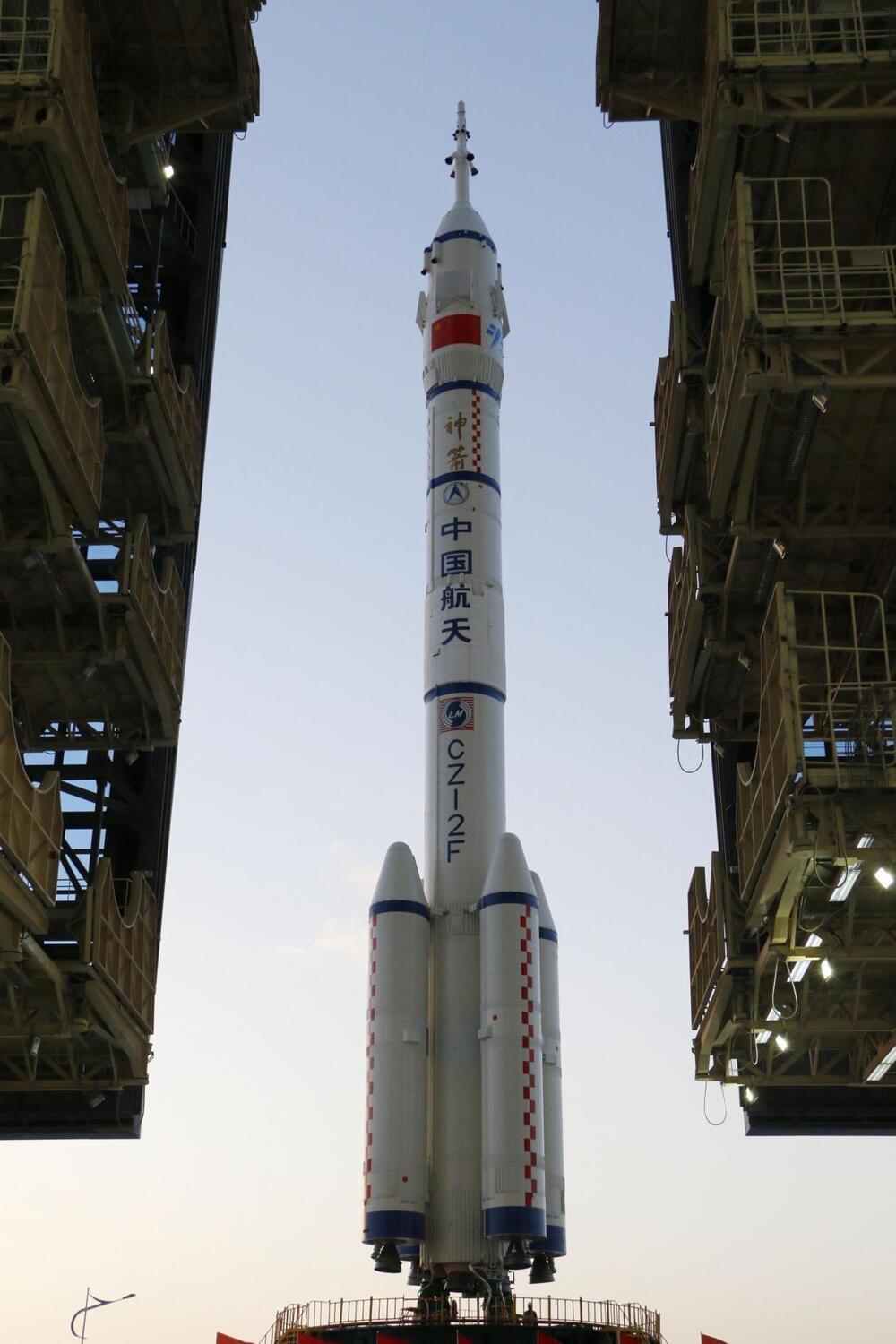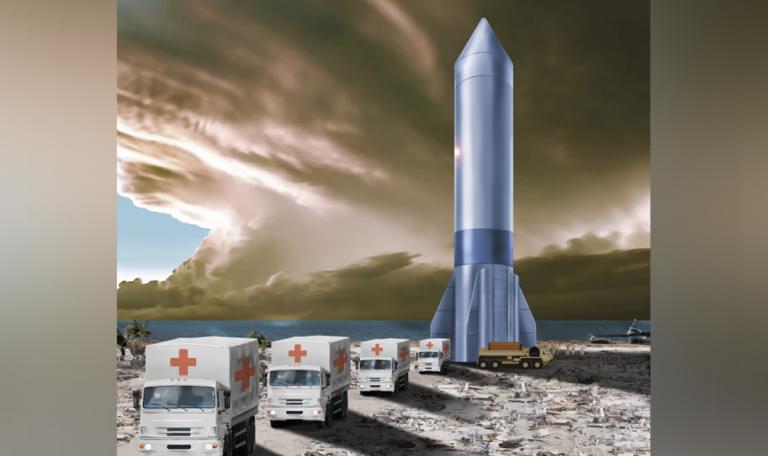Will your next camper van be an EV? Thor industries think so and their latest all-electric camper van could show us the very future of EV travel. Welcome to the Thor Vision Vehicle, an electric camper van ready to take your entire family on a camping adventure without the use of any fossil fuels. Does this EV concept have what it takes to beat out its gas-powered competition?
Much like the car and truck market, the camper van space is seeing a large shift towards electric power. Last week Winnebago unveiled their electric RV concept, and Airstream recently revealed their eStream electric trailer at the Tampa RV Show. Thor Industries is the parent company of Airstream further showing the brand’s commitment to the electric vehicle space. Based on what we know so far, the new Thor Vision Vehicle may be the best of the breed.

